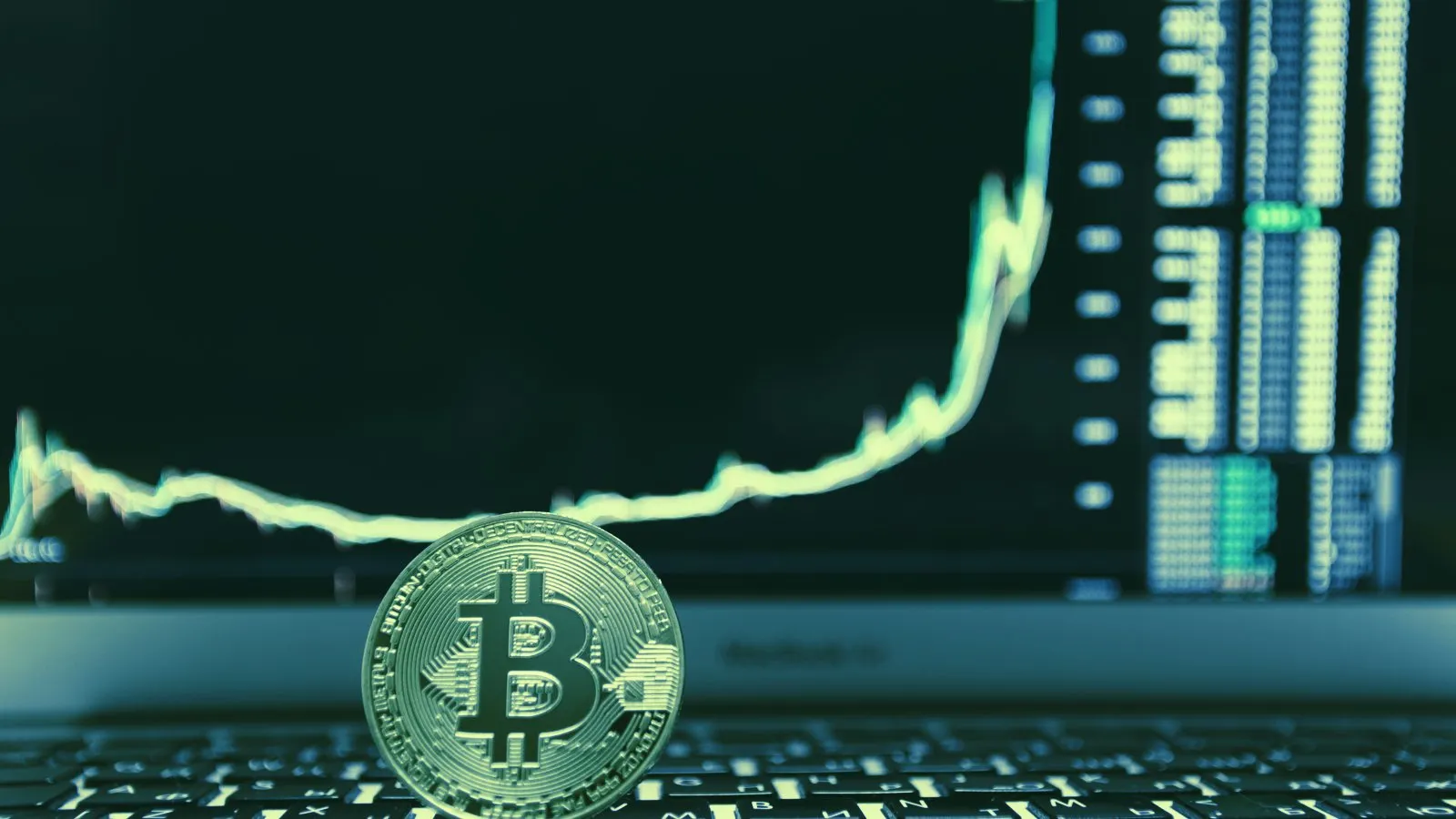In brief
- Bitcoin transaction fees hit new highs this week.
- The average transaction fee peaked to $3.19 on Friday.
- It’s possible the network will be more expensive to use post-halving.
The average cost of a transaction on Bitcoin has hit its highest level in ten months. On May 8, the average cost hit $3.19, its highest price since July 2019, according to data from Bitinfocharts.
This smashes the most recent peak average Bitcoin transaction fee since July—$2.94 on April 30. Average fees have been on the up throughout April, when they increased by 673%.
In May, fees briefly dipped to $1.80 last week before gradually reaching the new high of over $3.19. Yesterday, fees went back down to $2.7.
High transaction fees signal that more people are using the Bitcoin network. Since everyone wants their transaction to be processed as quickly as possible, the network calculates that people are willing to pay a premium for miners to prioritize validating their transactions.
This price hike occurs when demand for processing transactions outstrips the supply of miners. When the price of Bitcoin hit an all-time high in December 2017, and network usage was through the roof, average transaction fees hit highs of $55. Some transactions took days to process.
The increased strain on the network is likely due to the Bitcoin halving on Tuesday. Once the 630,000th block is mined into existence, the amount of Bitcoin that miners receive for validating transactions will halve.
This constricts the supply of new Bitcoin, and some people think that Bitcoin’s price will rise as a result—it has done so in the past. Lots of investors are buying up Bitcoin to prepare for the halving, placing additional strain on the network.
Will the halving increase Bitcoin transaction fees?
Some people think that miners will charge even higher fees after the halving. Since miners have to work twice as hard for the same money, they might start only processing transactions that pay them enough money to stay profitable. Dan Held, director of business development of Kraken, wrote in a blog post last May that, “as inflation trends towards zero, miners will increasingly obtain an income only from transaction fees.” So, “as the price of BTC increases, the value of the block reward increases as well, which incentivizes miners to bring more hashrate online to mine.”
Others think that this theory makes no sense, and that transaction fees won’t rise after the halving. “Bitcoin miners haven’t shown an ability to cartelize to set fees,” Nic Carter, a partner of Castle Island Ventures, told Decrypt in February. He thinks that it’s more likely that mining difficulty will fall. “If bitcoin miners refused to process lower-fee transactions, that would just be a market opportunity for new miners to come in and handle those [transactions],” he said, “because there’s virtually no barriers to entry in mining.”
With the Bitcoin market heating up, miners won’t be short of business any time soon.

